The race to enroll 10th graders in big cities like Hanoi or Ho Chi Minh City is currently becoming more and more exciting in the non-public school sector. These schools have simultaneously launched many flexible forms of enrollment: from direct enrollment based on academic performance, reviewing application documents combined with international language certificates, to separately organized competency assessment exams.
Along with that are increasingly attractive incentives: Full scholarships, tuition reductions based on IELTS scores, free admission for students who win city-level excellent student awards... All of these create a vibrant competition, where the school proactively builds its brand as a high-class educational "product".
However, behind the excitement is a reality that makes many parents afraid: The admission fee - a form of deposit to hold a place - is getting higher and higher and is an unofficial "barrier".
In large cities, many high-quality private schools require parents to pay from several million to several tens of million VND immediately upon registration, and most of them are non-refundable if the student does not attend. For example, Archimedes High School (Hanoi) charges an admission fee of 23 million VND, Luong The Vinh High School charges 15 million VND, Newton School System lists 12 million VND for all training programs...
At many inter-level, bilingual or international program schools, the admission fee is higher: Ngoi Sao Hoang Mai School charges 24 million VND (non-refundable); Horizon Bilingual School charges 25 million VND; Japanese International School requires a fee of 5 million VND upon application, 25 million VND admission fee - both are non-refundable, non-transferable and 20 million VND deposit (refundable if the student finishes the school).
Dwight School Hanoi alone collects many input fees including: Registration fee (9.8 million VND), admission fee (28.8 million VND), tuition deposit (30 million VND) and guarantee fee (45 million VND), totaling up to 113.6 million VND; of which the first three fees are non-refundable if the student does not enroll.
Many private schools in Ho Chi Minh City also apply similar entrance fees. For example, the International School of North America (SNA) charges an entrance fee of 40 million VND, an entrance application fee of 5.6 million VND; South Australian Primary, Secondary and High School charges an application fee of 1 million VND; an entrance fee of 25 million VND; a reservation fee of 25 million VND... Although in name only, these fees are actually a form of one-way commitment, in which parents are forced to pay for peace of mind, while the school benefits from each "deposit".
Many experts believe that the current high deposit fee is no longer a solution to prevent fake applications, but has become a business tool, exploiting the anxiety of parents - who are forced to make a backup if their children do not pass the public school entrance exam. Every year, tens of thousands of students do not have a place in public grade 10, forcing parents to "run to school" early and accept deposits as a form of peace of mind, even though the cost is not small compared to the income of many families.
Mr. Tran The Cuong, Director of the Hanoi Department of Education and Training, said: The fact that some private schools collect reservation fees and deposits from parents when enrolling students at the beginning of the school year is inhumane and loses the pedagogical nature of the school. Schools should not collect reservation fees and create the best conditions for parents if they want to withdraw their students' applications.
Sharing the same view, Dr. Duong Xuan Thanh, member of the Policy Research and Analysis Board, Association of Vietnamese Universities and Colleges, stated: In the educational environment, there should not be such "commercialized" fees, because it will more or less destroy the humanity of the education sector.
Legally, this type of fee is not specifically regulated in the Education Law, nor is there a mechanism to control the collection level or refund conditions. The instructions from the management agency are mainly advisory in nature, because the relationship between parents and non-public schools is civil. As a result, a legal vacuum exists, where the rights of learners are not fully protected.
Every 10th grade entrance exam, tens of thousands of students in big cities like Hanoi and Ho Chi Minh City fall into a state of insecurity because they do not have enough points to enter public schools and do not have enough financial conditions to study at private schools.
Most of them are average to good students, unable to continue studying in the public general education system, while the post-secondary education system is still not attractive enough to create a real path. As a result, many students have only three options: continuing education, low-cost private schools or vocational schools - all of which are places where the quality of education and pedagogical environment still make parents feel insecure.
Worryingly, this group is the most vulnerable when policies do not have appropriate support. For poor families, especially migrant workers, the cost of millions of dong to secure a place in private 10th grade is an insurmountable barrier. Many students have to drop out of school early or learn a trade under pressure.
Inequality in access to education is increasing. While wealthy students have many options, middle-class students and students from low-income families have very limited options if they fail to graduate from public schools. Without expanding the public system and properly regulating private schools, the education system will continue to exclude disadvantaged groups. This poses a major challenge to the direction of equity and sustainable development.
Charging a deposit fee can be acceptable to stabilize enrollment and limit fake candidates, but the fee must be reasonable so as not to cause difficulties for parents. Parents need to share with the school, but in return, the school needs to sympathize with parents and set a fee appropriate to the general economic situation.
Dr. Nguyen Tung Lam, Vice President of Vietnam Association of Educational Psychology.
Dr. Nguyen Tung Lam, Vice President of the Vietnam Educational Psychology Association, said: Collecting a seat reservation fee can be accepted to stabilize enrollment and limit fake candidates, but the fee level needs to be reasonable so as not to cause difficulties for parents. Parents need to share with the school, but in return, the school needs to sympathize with parents and set a fee level appropriate to the general economic situation.
Currently, the education sector has no specific regulations on the amount of deposit fees, refund conditions or limits on the collection of entrance fees at the beginning of the school year. The pressure to deposit and differentiation after secondary school is a signal that needs to be taken seriously.
The target of 30% of students studying vocational training and 70% of students studying high school is only feasible when vocational education is truly attractive in terms of quality, learning path and job opportunities. Otherwise, many parents will still find every way to send their children to high school, creating pressure on public schools and widening the uncontrollable gap in the private school sector.
To gradually ensure fairness in access to education, it is necessary to consider perfecting a more transparent and appropriate legal framework for enrollment activities in non-public schools, especially in terms of input fees. Researching a mechanism to partially support tuition fees for non-public students, especially those in difficult circumstances, is also a direction worth considering in the process of socializing education.
General education will be truly inclusive and humane when every student has the opportunity to continue learning in a system that is reasonably designed, equitable and friendly. When “reserving a place” is no longer an option, but part of a transparent roadmap, that is when education policy truly spreads to every family and every individual.
Source: https://nhandan.vn/giu-cho-vao-lop-10-truong-tu-va-khoang-trong-chinh-sach-post876119.html


![[Photo] Prime Minister Pham Minh Chinh inspects and directs the work of overcoming the consequences of floods after the storm in Thai Nguyen](https://vphoto.vietnam.vn/thumb/1200x675/vietnam/resource/IMAGE/2025/10/08/1759930075451_dsc-9441-jpg.webp)




![[Photo] Closing of the 13th Conference of the 13th Party Central Committee](https://vphoto.vietnam.vn/thumb/1200x675/vietnam/resource/IMAGE/2025/10/08/1759893763535_ndo_br_a3-bnd-2504-jpg.webp)
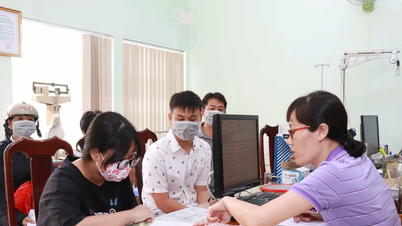


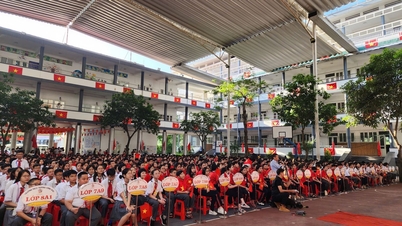












![[Photo] Prime Minister Pham Minh Chinh inspects and directs the work of overcoming the consequences of floods after the storm in Thai Nguyen](https://vphoto.vietnam.vn/thumb/402x226/vietnam/resource/IMAGE/2025/10/08/1759930075451_dsc-9441-jpg.webp)































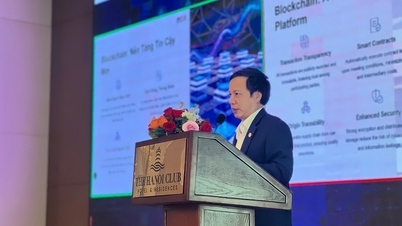







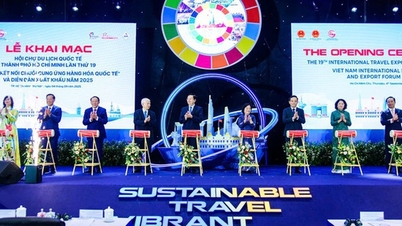





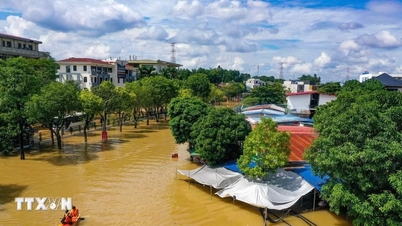

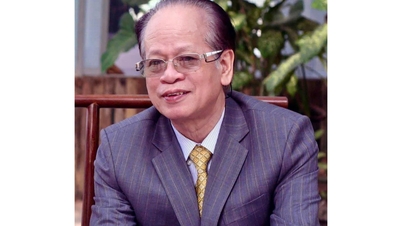

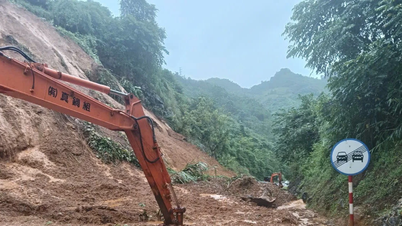

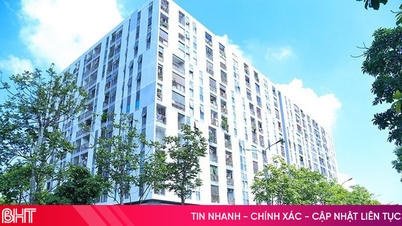
















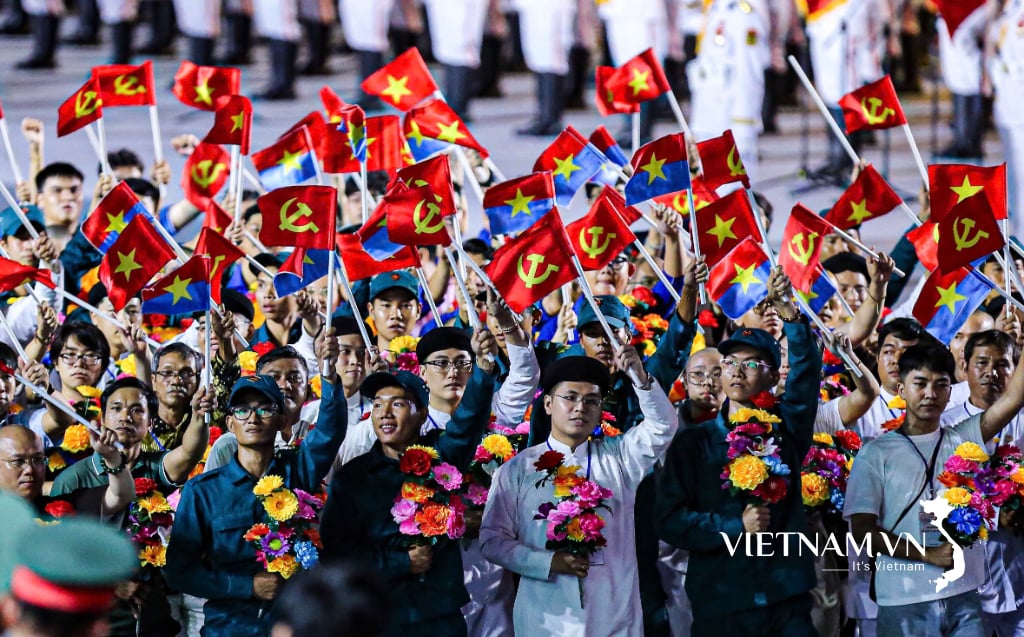
Comment (0)